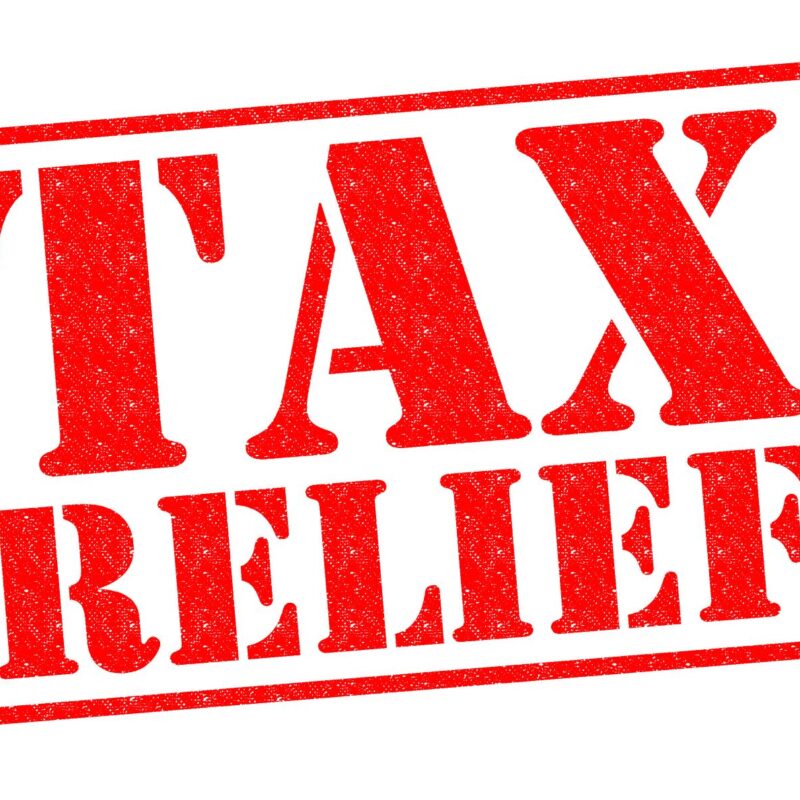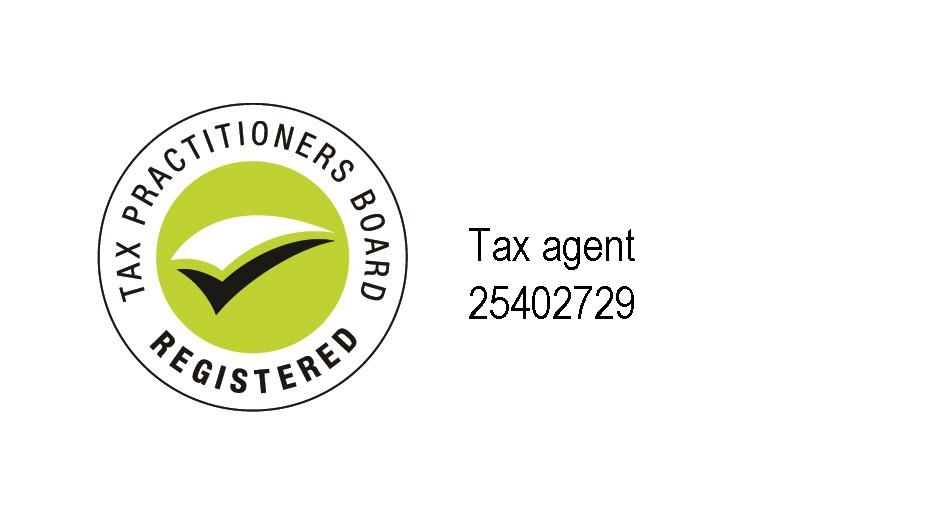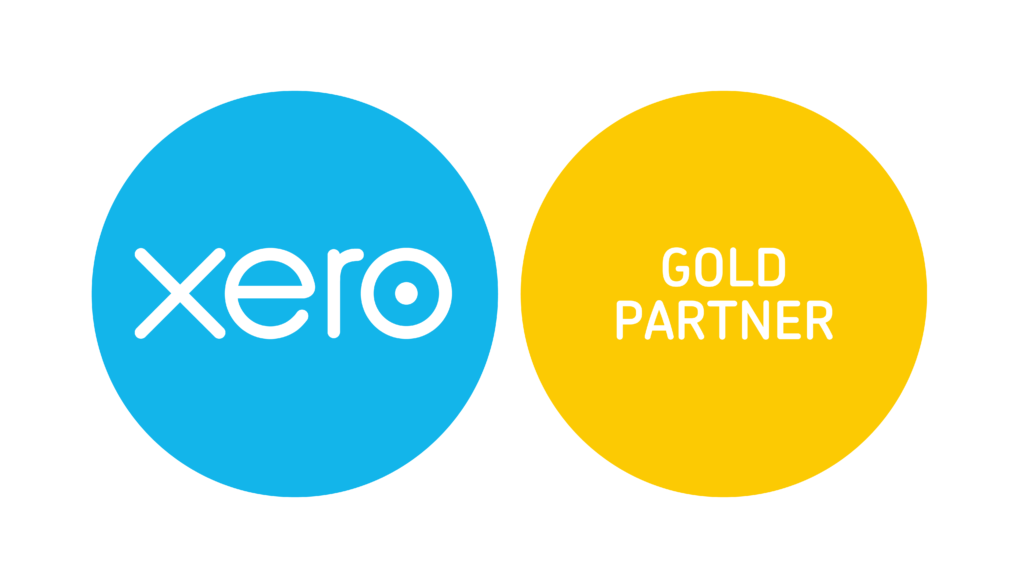Budget 2020 Provides Welcome Tax Relief for Individuals and Business

Key Points:
Treasury Laws Amendment (A Tax Plan for the COVID-19 Economic Recovery) Bill 2020 has passed resulting in 5 key measures put in place:
- Backdated Income Tax Cuts
- Instant Asset Write-Off
- Loss Carry-Back
- Small Business Concessions Expansion
- R&D Tax Incentives
Treasury Laws Amendment (A Tax Plan for the COVID-19 Economic Recovery) Bill 2020 has now passed without amendments and received Royal Assent, after it was introduced in Parliament a week earlier.
The bill contains the following tax relief measures for individuals and business, following the federal budget announcement on the 06 October 2020:
Backdated Income Tax Cuts
Stage 2 personal income tax cuts will now be brought forward and backdated to 1 July this year.
The ATO has since clarified that it will not adjust withholding schedules to account for any over-withheld amounts from the start of the current financial year to the date of the budget announcement. Instead, these over-withheld PAYG amounts will be included in a taxpayer’s tax assessment at the end of the financial year to provide the necessary tax relief.
Instant Asset Write-Off
This measure, believed to cost $26.7 billion, will allow any business with an aggregated turnover of less than $5 billion, to immediately deduct the full cost of eligible depreciable assets of any value. Small and medium-sized businesses with an annual turnover of less than $50 million will also be able to fully expense second-hand assets, providing welcome tax relief.
Loss Carry-Back
The bill contains ‘temporary loss carry-back’ provisions, that will allow businesses to carry back tax losses from the 2019–20, 2020–21 or 2021–22 income years to offset against tax paid in a previous income year, as far back as the 2018–19 income year.
The tax refund will be limited, by requiring that the amount carried-back is not more than the earlier taxed profits, and that the carry-back does not generate a franking account deficit.
Eligibility for the loss carry-back includes a requirement for the business to have lodged an income tax return for the current year and each of the five years immediately preceding it. There will be a carveout for entities that are not required to lodge a return for a year, such as when the entity did not exist in that year.
Small Business Concessions Expansion
Entities with a turnover of less than $50 million will also now be able to access 10 small business tax concessions.
From 1 July this year, eligible entities will be able to access tax relief through an immediate deduction for certain prepaid expenses and an immediate deduction for certain start-up expenses.
From 1 April 2021, they will have access to a fringe benefits tax exemption in relation to small business car parking and a fringe benefits tax exemption in relation to the provision of multiple work-related portable electronic devices.
From 1 July 2021, these entities will have access to:
- a simplified accounting method for the purposes of GST;
- the ability to defer excise-equivalent customs duty to a monthly reporting cycle;
- the ability to defer excise duty to a monthly reporting cycle;
- a two-year amendment period in respect of amendments to income tax; assessments;
- the simplified trading stock rules; and,
- the ability to pay PAYG instalments based on GDP-adjusted notional tax.
R&D Tax Incentive
Current legislation seeking to make contentious changes to the R&D tax incentive will now be further amended.
For companies with a turnover of less than $20 million, there will be no cap on the amount of refundable R&D tax offset a company can claim, providing welcome tax relief.
The refundable R&D tax offset for small companies will be set at 18.5% points above the claimant’s company tax rate, up from 13.5% from the current bill.
Larger companies with an annual turnover of $20 million or more will face a simplified two-tier intensity approach.
If you have any questions or need advice and clarity specific to your situation, feel free to contact Semmens & Co on 03 8320 0320 for a free consultation.







